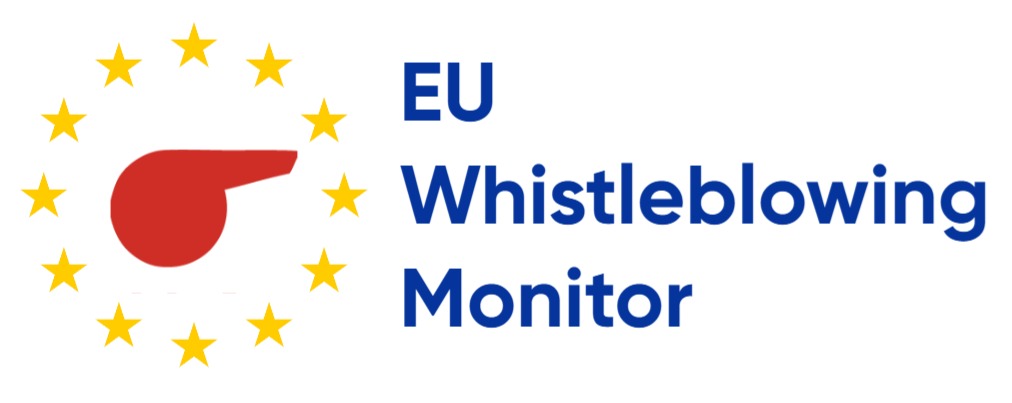Source: legislacja.rcl.gov.pl
The Polish government expedited work on the law on the protection of whistleblowers due to the threat of significant financial penalties for Poland’s failure to transpose the Whistleblowing Directive (Case C 147/23 European Commission v Republic of Poland). On 2 April 2024, the Council of Ministers adopted a draft law on the protection of whistleblowers, and on 17 April 2024 the Bill was submitted to Parliament.
Compared to the draft law issued in January 2024, the latest version introduces notable changes, including the introduction of new terminology. Specifically, the term “sygnalista” (whistleblower) replaces the previous phrase “person reporting violations of law.” The term sygnalista has not been used in legal language previously in Poland. Responding to concerns raised by NGOs, the material scope of protection under the proposed law has been expanded. It now covers reports of violations of labour law, corruption, constitutional freedoms, as well as human and civil rights.
- Clarifies that provisions regarding public disclosure do not extend to violations directly related to the statutory tasks of secret services aimed at national security. The designated authority to receive external notifications of such violations is either the Chairman of the Council of Ministers or the Minister-Coordinator of Secret Services.
- Broadens the law’s applicability to include authorized representatives
- Explicitly permits the processing of anonymous reports by public authorities, legal entities, and the Ombudsman.
- Specifies that the compensation entitled to whistleblowers cannot fall below the average monthly salary of the previous year, currently set at PLN 7155.48.
The new law would enter into force three months from the date of promulgation, except for provisions on external reporting, which have a further three months (six months total) to be implemented.
It remains possible that further amendments may be introduced during the parliamentary process.
